Hi, I am making a quilt. All is done but the border. I am confused as to cut it on the bias or not. If it stretches more that way why do people do it. Help.
Lin
Hi, I am making a quilt. All is done but the border. I am confused as to cut it on the bias or not. If it stretches more that way why do people do it. Help.
Lin
Threads Insider
Get instant access to hundreds of videos, tutorials, projects, and more.
Start Your Free TrialAlready an Insider? Log in
Get instant access to hundreds of videos, tutorials, exclusive articles and more.
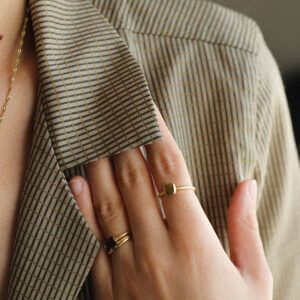
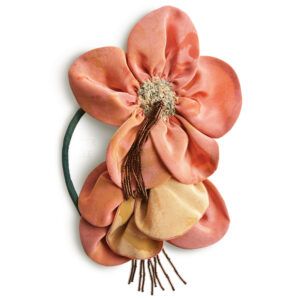
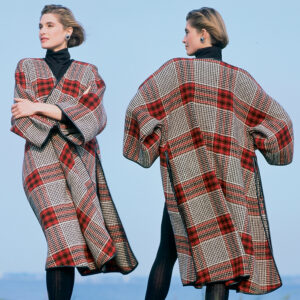
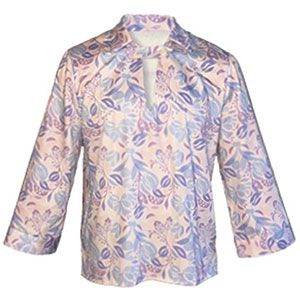
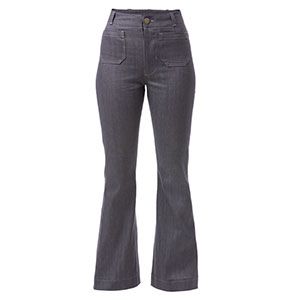
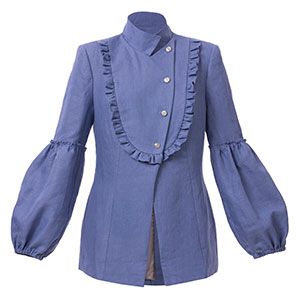
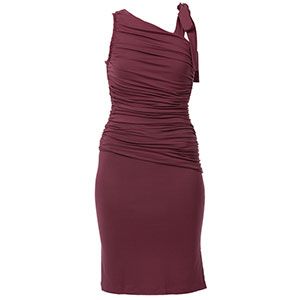
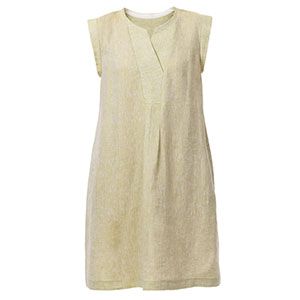
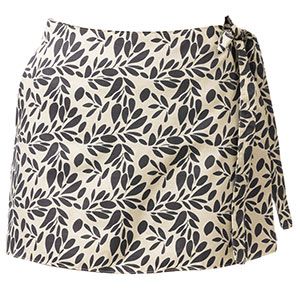
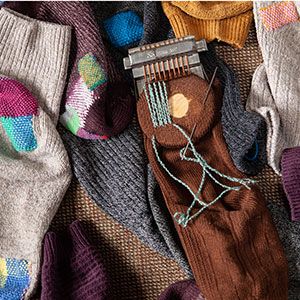
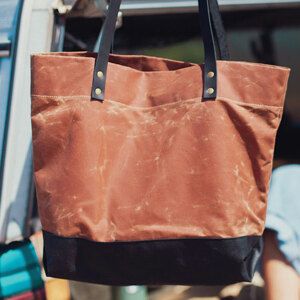
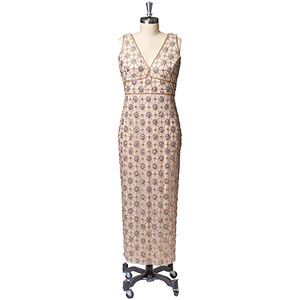
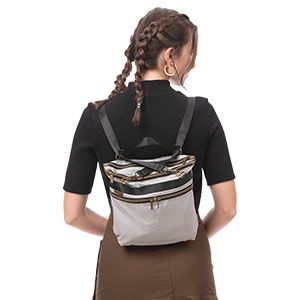
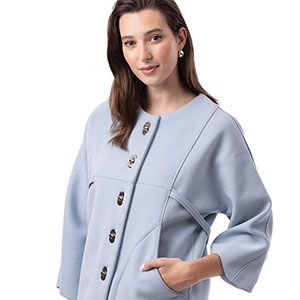
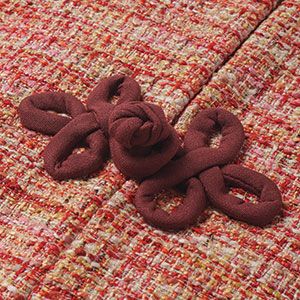

Get the latest including tips, techniques and special offers straight to your inbox.
 Sponsored Content
Sponsored Content




Threads
Get the latest including tips, techniques and special offers straight to your inbox.
© 2024 Active Interest Media. All rights reserved.
Replies
I am not a quilter, but sew with bias in making garments. Bias helps the bind stretch so it molds around the fabric smoothly and creates smooth rounded corners much more easily. Pre-stretch it first when you are ironing it, and if you can shape with your iron to match the quilt shape at the corners.
If you cut on the straight grain, it may be lumpy when it's folded around the quilt (especially if you get it off grain a bit) and you would have to use an ease stitch at the corners to make a smooth rounded corner. Sue
Sue, thankyou for your help. I understand the binding now but what about the border? The middle of the quilt is all put together and I need about a 6" border and then the binding at the edge. Does the border need to be on the bias too?
Lin
I wouldn't think so. Bias certainly eats up a lot more yardage. Of course plaid or stripes are pretty on the bias, but if it doesn't add a design element or if it is not required for construction I would question the bias requirement, too.
thank you, Sue. You were a lot of help. Lin, Independence, MO
Lin,
One of the first quilts my mother made was the one she sent me off to college with. She did not cut the binding on the bias (she cut it straight with the grain) and now, five years later, the binding is fraying something horrible. Even gentle handwashing of the quilt did not preserve the binding! I have found that when I use bias tape or I cut my own bias strips to bind/trim a garment, it holds up a lot better, even against the harsh washing machines here at school!
I think the reason for this is simple. I hope I can explain it clearly without diagrams. When you fold the binding over an edge, the part that recieves the most strain is the edge (think of strain lines originating in the garment/quilt and moving outwards, perpendicular to the bound edge). If the binding is cut straight on the grain, you have threads that run parallel to the edge and threads that run perpendicular to it. The parallel threads are not under any strain whereas the perpendicular threads experience all the strain. Now, if you have a perfect bias binding (cut at an exact 45-degree angle), you have two sets of threads running at 45-degree andgles to the edge. That is twice as many threads to take up the strain, and each thread only experiences a fraction of strain, due to the angle.
It becomes simple to see if you look at binding as an engineering/physics problem, though it may sound strange at first!
~Cat
Cat, My, oh, my, you sure explained that one. I understand more now. I kept getting so my answers. After a while, you're just not sure what to do. Bias it is. Thank you for your time. Any other brain storms, just send them my way. ha thanks Lin
Yeah, sometimes it helps having an engineering background ;-) I think I missed my calling when I went off to school...
One of my next quilting projects is going to be re-binding the edges of the quilt my mom made me. I just love it so much, I don't want to let a frayed binding get in the way of the years of cuddling it still has left!
Best of luck with your quilt!!
~Cat
If you are making your borders out of solid fabric (not pieced) it would be best if you did NOT bias cut your borders. You need the stability of the grain to insure a rectangular quilt. I'd even go so far as to recommend ripping your border fabric slightly larger then needed and trimming it to size with your rotary cutter. You want the grain as straight as possible. If you need to cut on the bias, say to work the design of the fabric a certain way, I'd stabilize it with an iron-on stabilizer although you never know how they'll hold up after ten years of so.
Always bias cut your binding and a neat trick for forming square mitred corners can be found on Simply Quilts website show QLT-126. It works.
This post is archived.